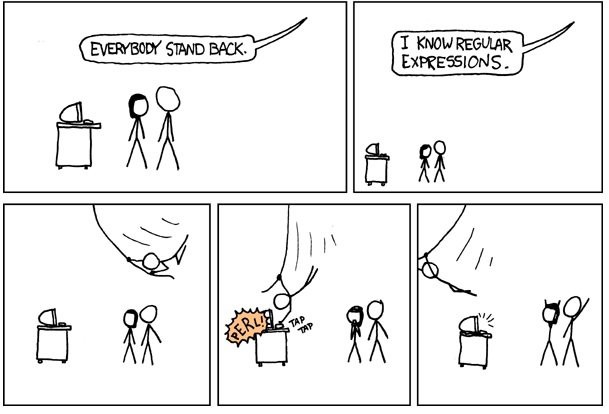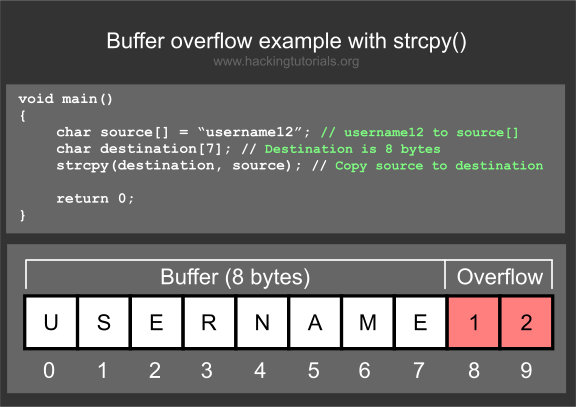The test of a first-rate intelligence is the ability to hold two opposed ideas in the mind at the same time and still retain the ability to function.
- F. Scott Fitzgerald
While I can’t speak to first-rate intelligence I feel like this quote perfectly describes my role in information security. I do not hold a high-level position, but still, when it comes to influence in business, information security is a topic where even a lowly analyst is given unparalleled access and opportunity.
Because technology is centric to most business functions, any threat to that technology direct impacts the bottom line. This threat cycle is all well known by now. At this point most organizations have methods to determine risk, and threat model certain business decisions. This is part of my job and the basis for this post.
Continue reading



